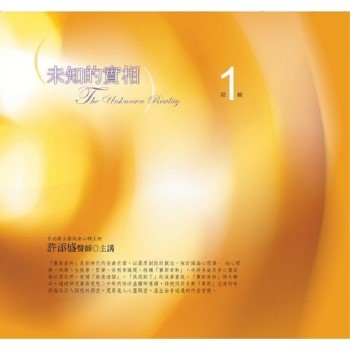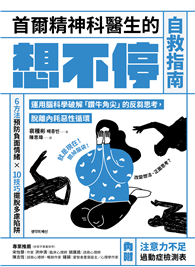The rich religious beliefs and ceremonials of the Pueblo Indians of Arizona and New Mexico were first synthesized and compared by ethnologist Elsie Clews Parsons. Prodigious research and a quarter-century of fieldwork went into her 1939 encyclopedic two-volume work, Pueblo Indian Religion.
The author gives an integrated picture of the complex religious and social life in the pueblos, including Zuni, Acoma, Laguna, Taos, Isleta, Sandia, Jemez, Cochiti, Santa Clara, San Felipe, Santa Domingo, San Juan, and the Hopi villages. In volume I she discusses shelter, social structure, land tenure, customs, and popular beliefs. Parsons also describes spirits, cosmic notions, and a wide range of rituals.
The cohesion of spiritual and material aspects of Pueblo culture is also apparent in volume II, which presents an extensive body of solstice, installation, initiation, war, weather, curing, kachina, and planting and harvesting ceremonies, as well as games, animal dances, and offerings to the dead. A review of Pueblo ceremonies from town to town considers variations and borrowings. Today, a half century after its original publication, Pueblo Indian Religion remains central to studies of Pueblo religious life.












